Pro-environment groups in the Philippines expressed dismay over the government’s decision to renew a deal that allows an Australian gold-copper mining company to resume operations.
Jaybee Garganera, national coordinator of the Alliance Against Mining, said the government decision was “a betrayal of the Filipino people” and “disrespects the rights of the affected communities.”
OceanaGold Corporation announced on Wednesday that the Philippine government has renewed its contract for the Didipio gold and copper mine for another 25 years.
In a statement, the company said the terms and conditions set in the original financial or technical assistance agreement (FTAA) were unchanged, and it planned to restart operations “as soon as possible”.
“The company’s first operational priority is the rehiring and training of its Philippine workforce, which will include a focus on safeguarding workers from the current risks associated with COVID-19,” read the statement.
The agreement is a contract involving financial or technical assistance for large-scale exploration, development and utilization of natural resources in the country.
Garganera, however, said that residents, and even local political leaders, have expressed opposition to the re-opening of the mines.
“These calls to protect lives and livelihoods against a destructive mining project have fallen on deaf ears,” he said.
He accused the Philippines’ Environment department and the National Commission on Indigenous Peoples of failing to uphold their mandates to protect the environment and the rights of indigenous communities.
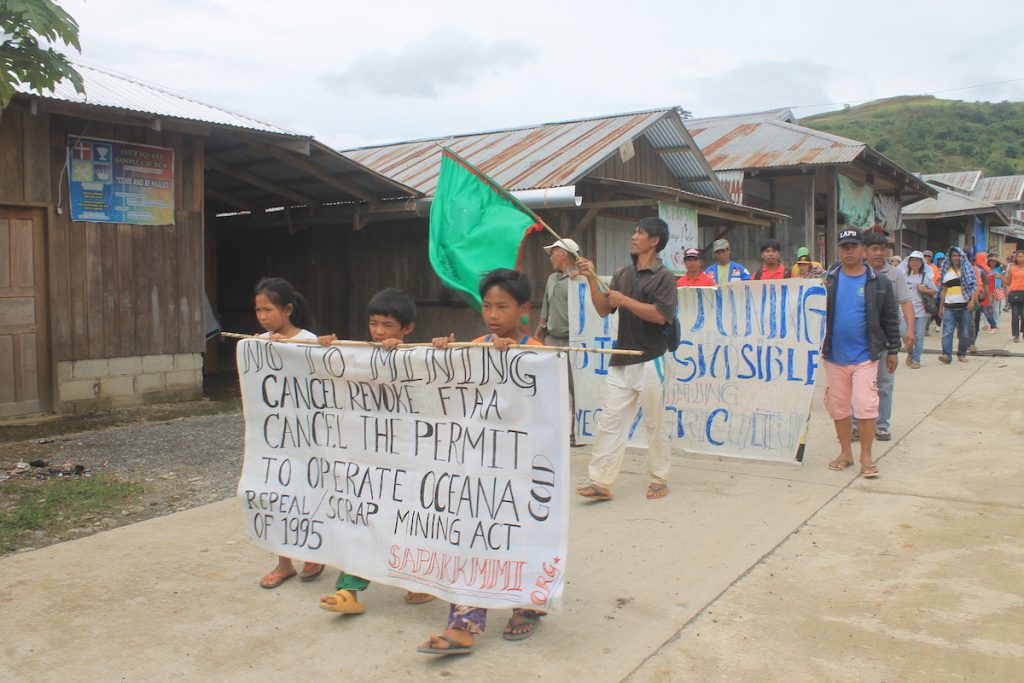
Father Antonio Labiao, executive secretary of Caritas Philippines, said the government “seems to enjoy that the Filipino people are at the receiving end of destruction.”
Yolanda Rafols-Esguerra, national coordinator of the Partnership Mission for People’s Initiative, said the renewal of the mining deal “is a sad example of how distant and naive our government is on the clamor of our indigenous peoples.”
“It reeks of selfish and blinded motives, presumably an increase in government taxes and job creation at the expense of indigenous peoples’ rights and culture,” she added.
Rodne Galicha of the group Living Laudato si Philippines said that in the midst of the “global ecological and health crisis,” building back better economies “should not be an excuse for revitalizing the mining industry.”
He said that “solutions should be nature-based toward genuine green recovery.”
Galicha said the government should have implemented “regenerative rehabilitation” instead of allowing OceanaGold to operate for another 25 years.
In a statement, Kalikasan Peoples’ Network for the Environment warned that the deal will pave the way “to 25 more years of water depletion, agricultural losses, and human rights violations.”
The group said it will challenge the decision in court to put an end to the destructive operations of the mining company.
OceanaGold produces up to 550,000 ounces of gold and 15,000 metric tons of copper yearly from its four mine sites in Didipio in the Philippines, Haile in the United States, and Macraes and Waihi in New Zealand.


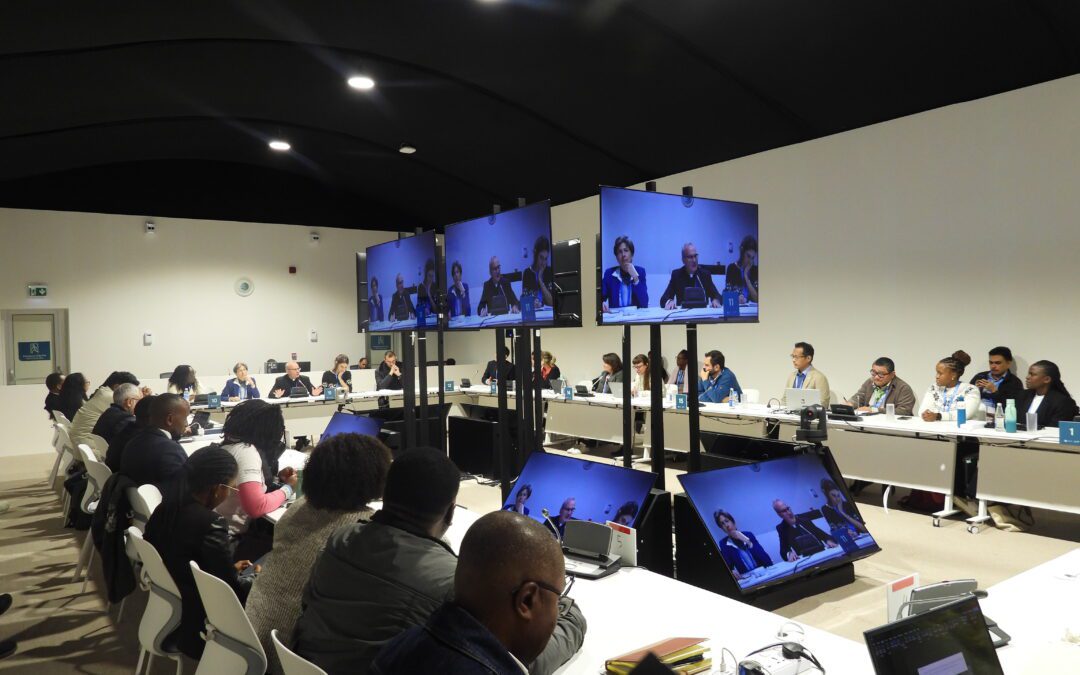
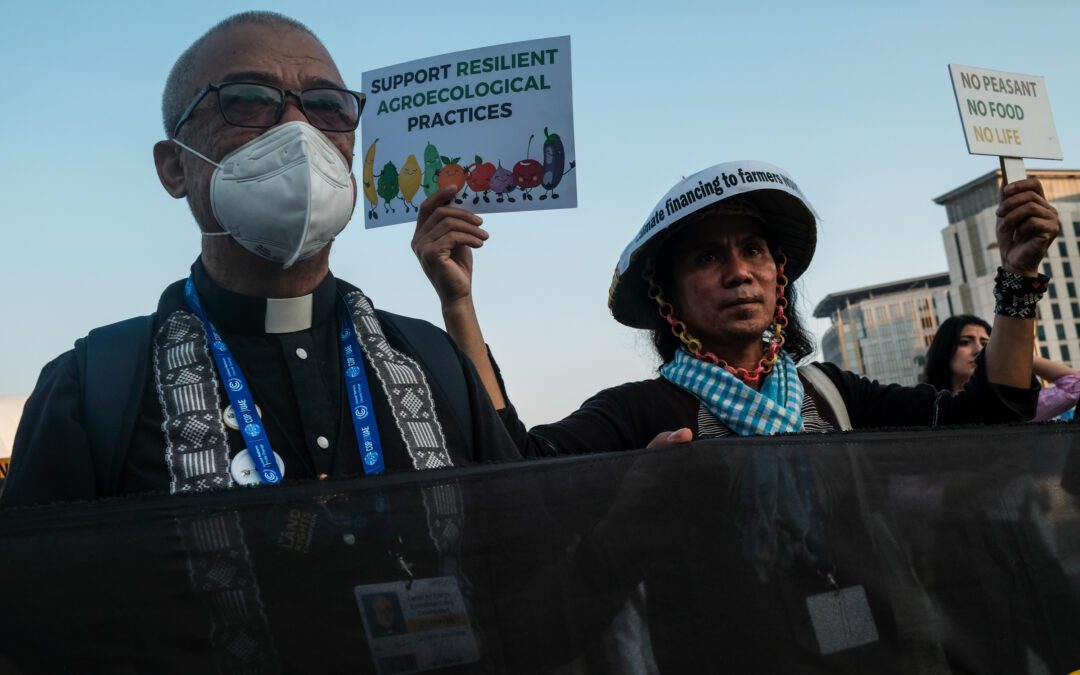
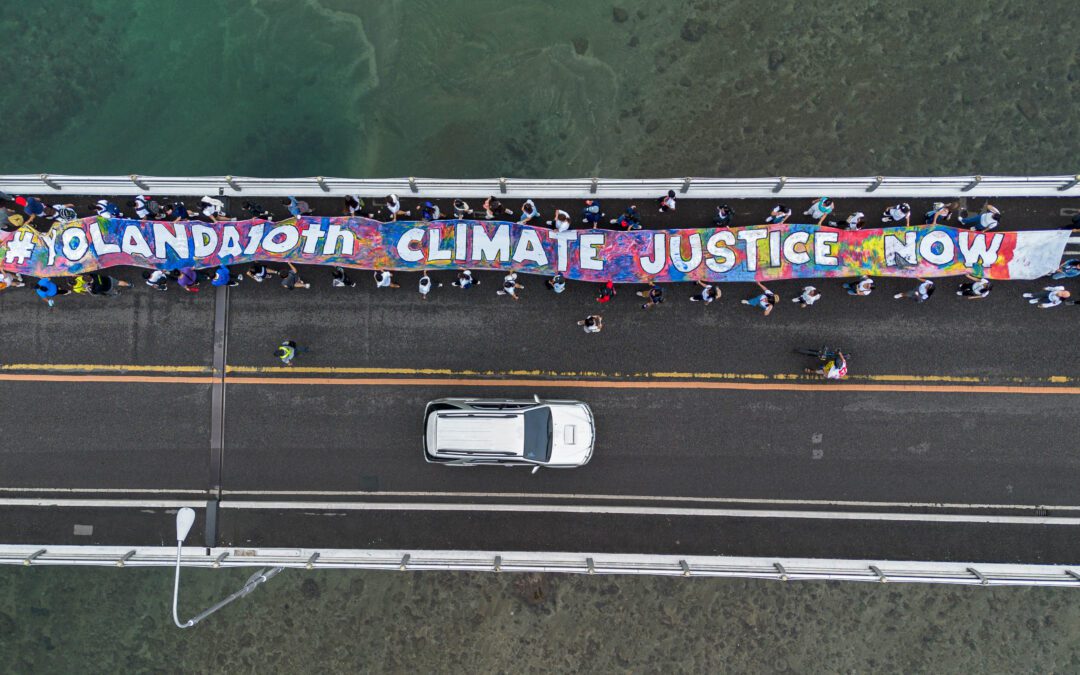
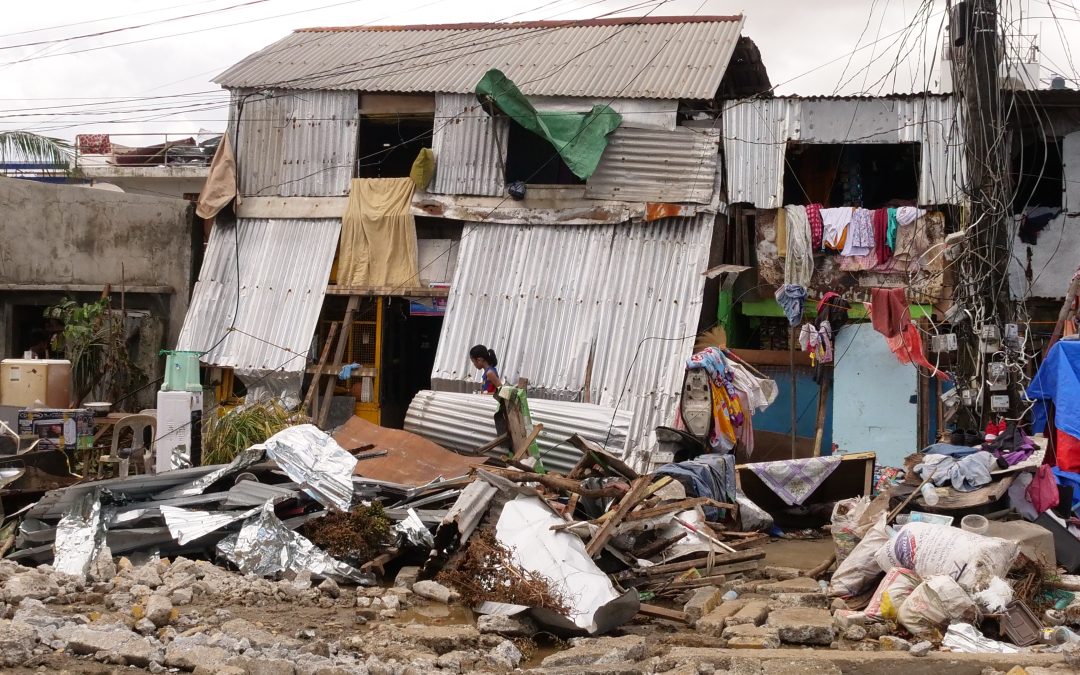
0 Comments